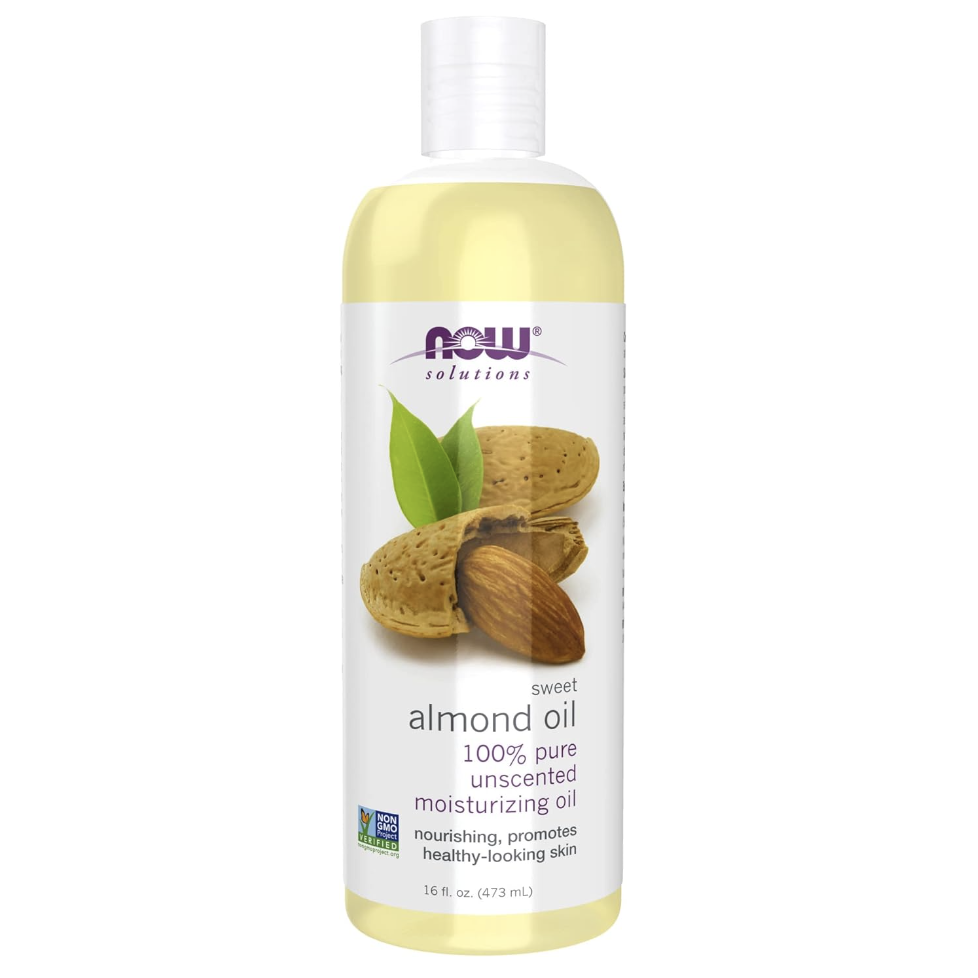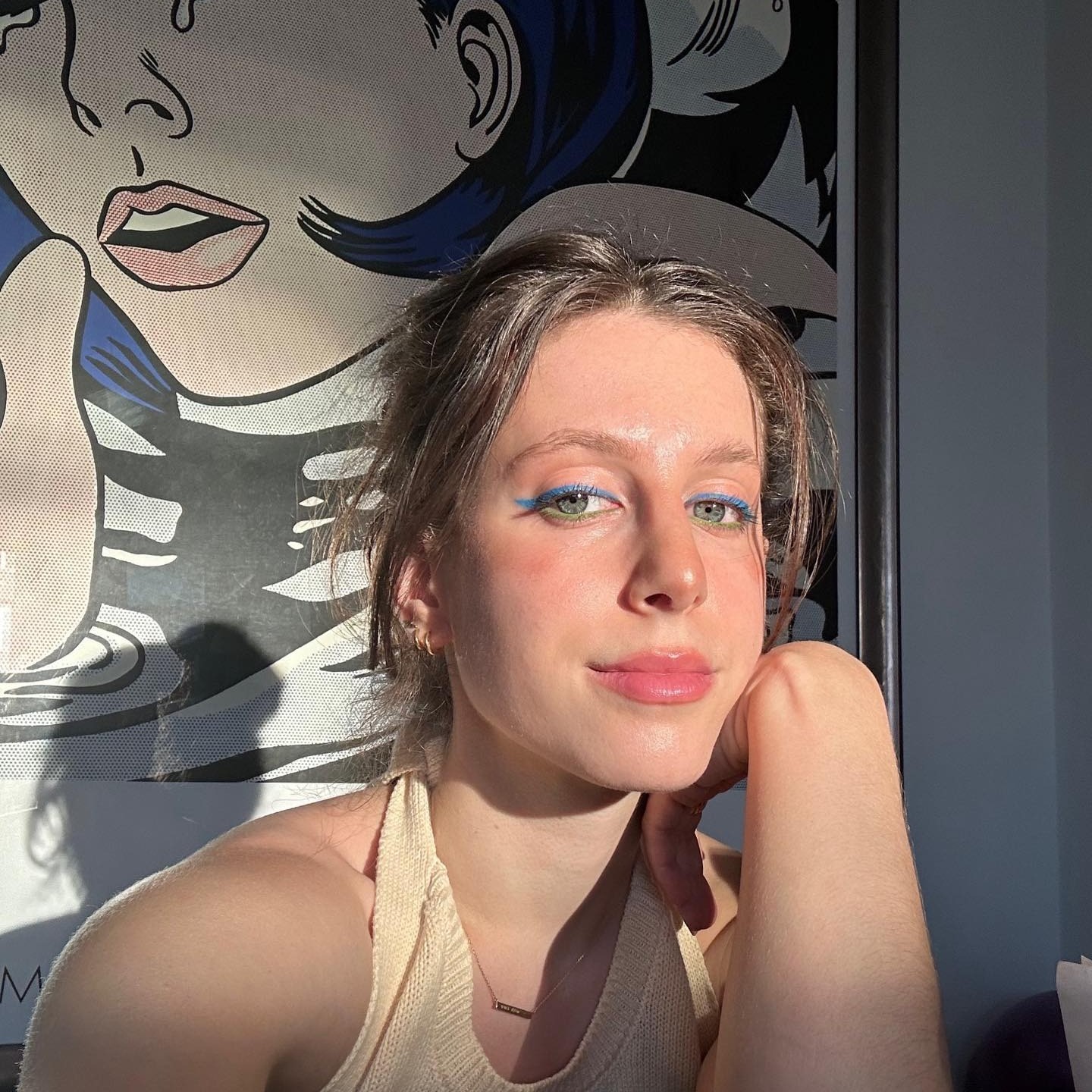Stressed About Clogged Pores and Congestion? Let Me Introduce You to This Underrated Face Oil

If you have acne-prone skin, I'm sure you can relate when I say I have a push-and-pull relationship with face oil. One one hand, I want to use it to moisturize, smooth, and plump my skin—especially in the colder months. I see people with glistening, radiant, post-face-oil skin, and I think, Okay, I want that. On the other hand, I don't want it to clog my pores and make me break out. That would be a bummer. Thus, this internal struggle goes on and on indefinitely.
With that being said, I know not all face oils are the same. In fact, many face oils are suitable for acne-prone skin and can deliver the plumping, moisturizing, and glow-boosting benefits without the pore-clogging side effects. Almond oil is one of them. In fact, dermatologists say almond oil is an underrated ingredient when it comes to acne-prone skin specifically. Keep scrolling to get all the details.
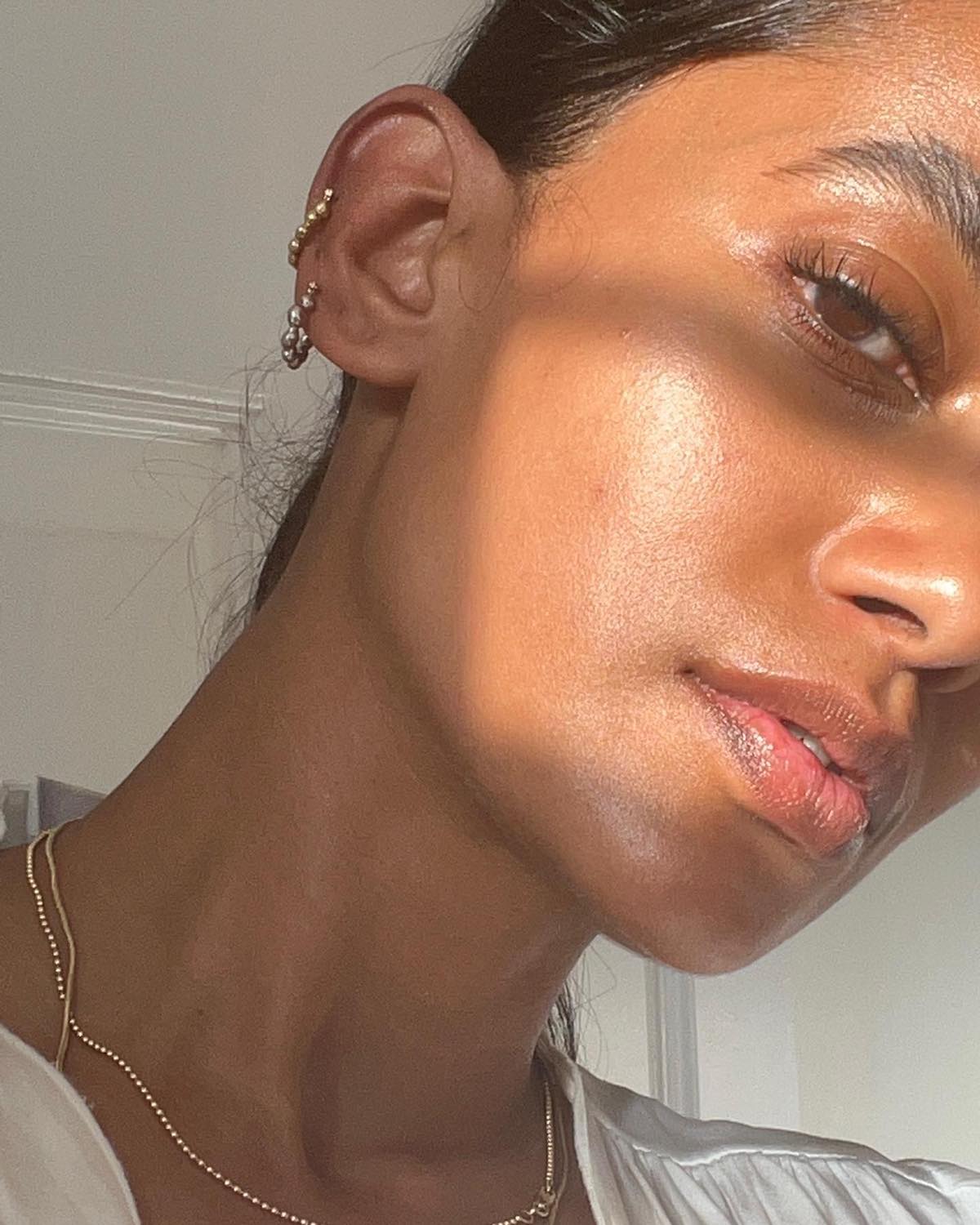
The Benefits of Almond Oil for Skin
First, we need to make an important distinction. There are different types of almond oil. For all intents and purposes, we're concerned with sweet almond oil. Bitter almond oil need not apply. Take it from Hadley King, MD, FAAD, board-certified dermatologist in New York City and clinical instructor of dermatology at the Weill Medical College of Cornell University. "Sweet almond oil, with anti-inflammatory fatty acids and vitamins A and E, is a great choice for good moisturizing and antioxidant properties," she says. Meanwhile, "bitter almond oil is not recommended for topical use on the skin or ingestion."
Now that that's out of the way, let's get into the specific skin benefits of sweet almond oil. Brendan Camp, MD, FAAD, a double board-certified dermatologist at MDCS Dermatology, says sweet almond oil is moisturizing, antioxidant-rich, and soothing for sensitive skin. "As a lightweight moisturizer, almond oil acts as an emollient to help fill in the cracks and crevices of rough skin and an occlusive agent that seals water into the skin," he says. "Antioxidants in almond oil, like vitamin E, help protect skin from the effects of free oxygen radicals, which are unstable oxygen molecules that can damage cellular structures. Almond oil can reduce skin irritation. This may be helpful in conditions like eczema or psoriasis because it may improve symptoms like itch, swelling, or redness."
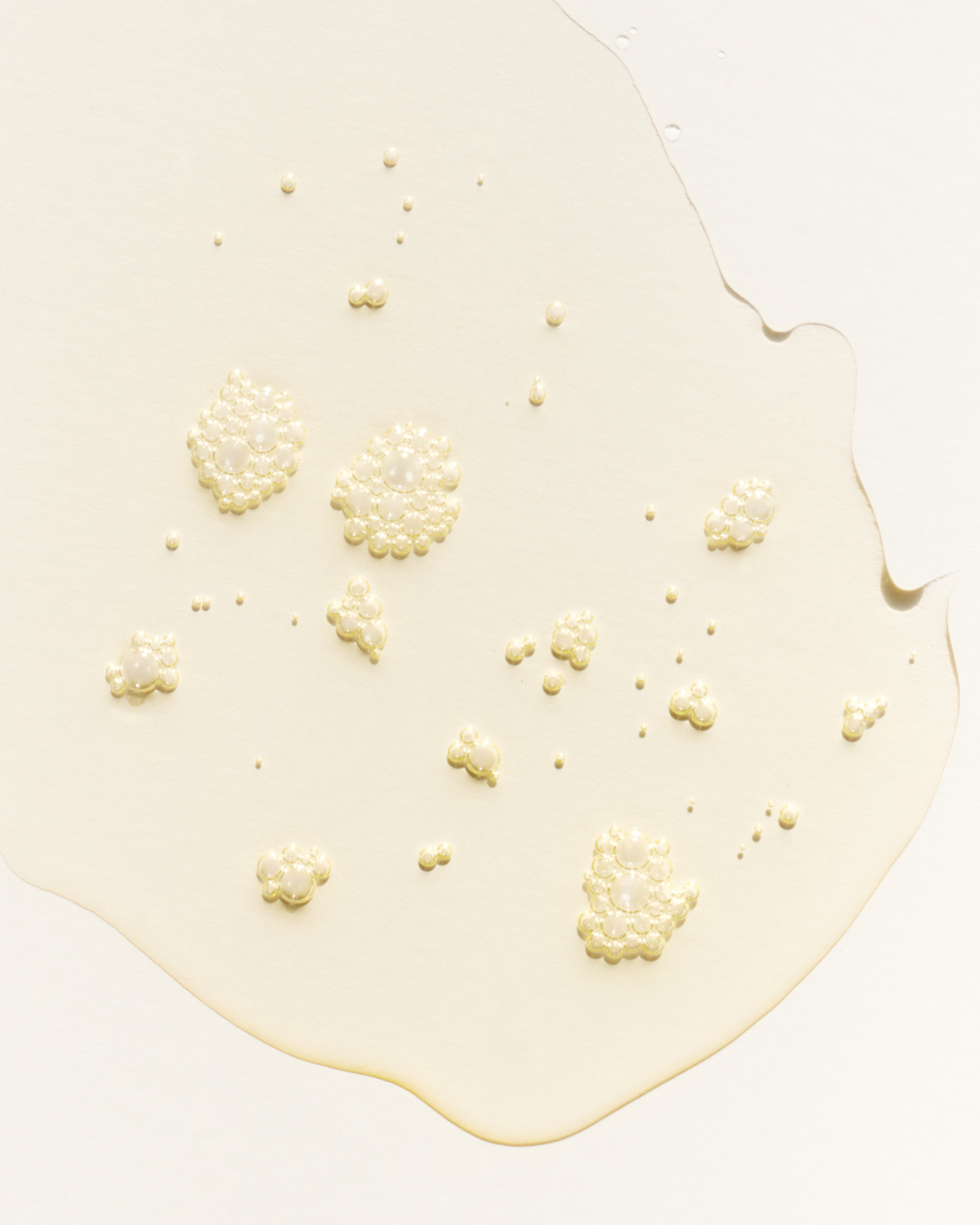
King seconds this, saying, "Sweet almond oil is rich in antioxidants like vitamin E, monounsaturated omega fatty acids, proteins, potassium, and zinc, as well as several other vitamins and minerals. It is mild and hypoallergenic, so it is safe to use directly on even sensitive skin. The fatty acids do a great job of moisturizing the skin or hair, and vitamin E is a powerful antioxidant, so that means that regular use will help protect the skin from free radical damage from UV rays and pollution. Almond oil also has anti-inflammatory properties, so it can be soothing to irritated or inflamed skin. It's a great emollient, and anecdotal evidence suggests that it may help to rejuvenate damaged skin."
To sum it up, sweet almond oil is moisturizing, antioxidant-rich, soothing, and anti-inflammatory. It's all thanks to its individual components, including:
- Vitamin A: King says vitamin A may help with skin texture and tone issues. "Retinols are derived from vitamin A and are popular skincare ingredients because of their anti-aging properties and ability to address acne," Camp adds.
- Vitamin E: "Like vitamin C, vitamin E is an antioxidant that protects skin cells from oxidative stress from free radicals," Camp says. "In addition, vitamin E provides hydrating properties by helping to retain moisture."
- Fatty Acids: King says these provide anti-inflammatory benefits. "They also reinforce and strengthen the skin's surface to fortify the skin barrier," Camp adds.
- Zinc: "Zinc has antioxidant and soothing properties, making it a popular ingredient in addressing inflammatory skin conditions like acne," Camp says. King adds that it has wound-healing properties.
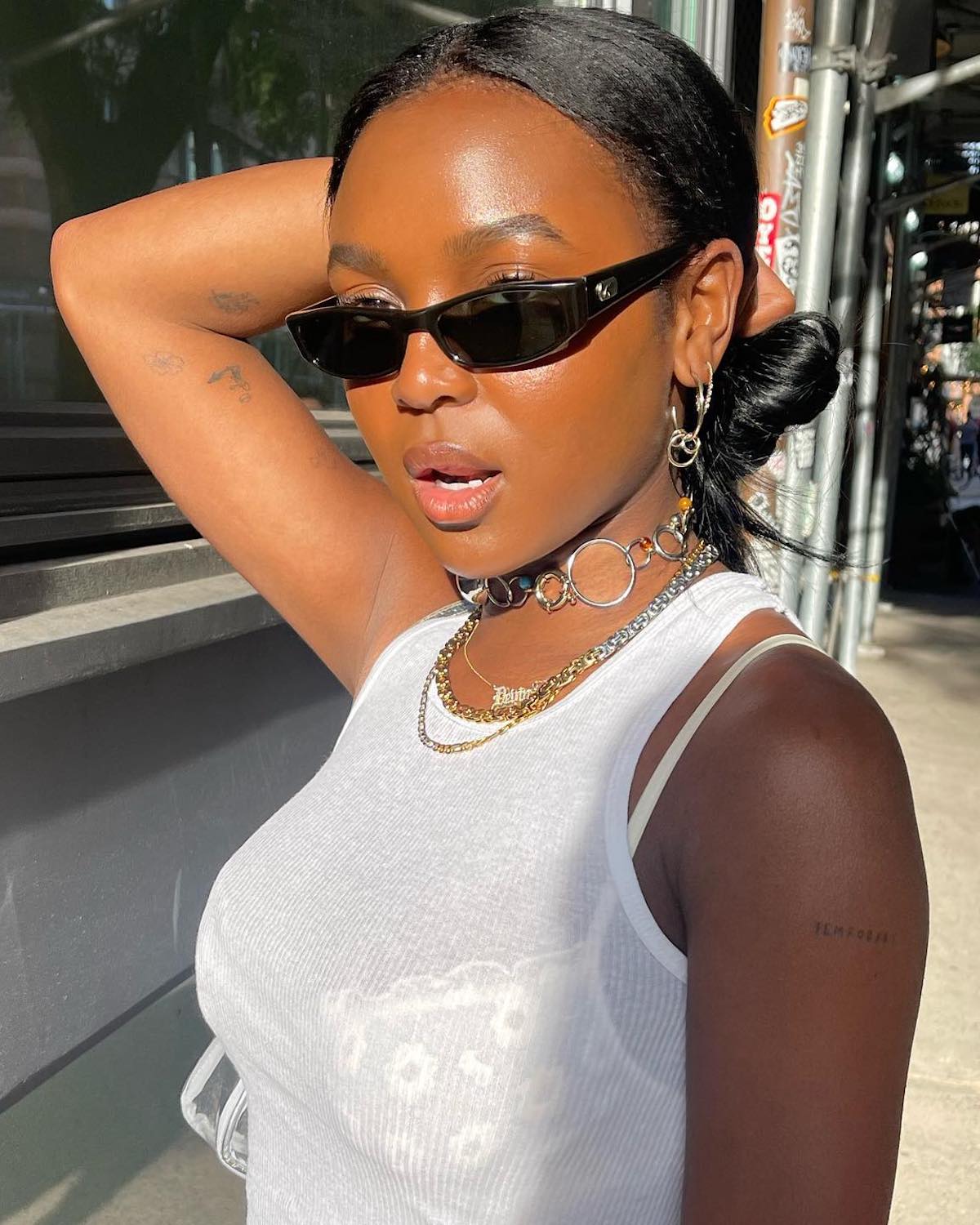
Almond Oil for Acne-Prone Skin
Let's talk about almond oil and acne-prone skin. There are multiple reasons it's suitable for acne-prone skin, including its aforementioned zinc and vitamin A content and anti-inflammatory properties. However, when it comes down to it, it's not as comedogenic (or pore-clogging) as other oils. "The comedogenic potential of almond oil is low," Camp says. "It rates a two on a scale of five. This means it is less likely to clog pores and contribute to the formation of acne."
That means people who have struggled to use other face oils might find a match in sweet almond oil. However, there are two caveats. First, if you have severely acne-prone skin, it might be a good idea to stick to a completely oil-free skincare routine for clearer skin. Second, even though it may not make acne and clogged pores worse, it won't necessarily treat acne either. "Almond oil is mostly noncomedogenic, but if you're trying specifically to treat clogged pores and acne, then I'd recommend ingredients like salicylic acid," King says. "For example, I like Bioelements Pore Thing Daily Cleansing Gel ($51), which contains 1.5% salicylic acid and azelaic acid to target pores in a hydrating base with gentle surfactants."

Who Should/Shouldn't Use Almond Oil
Both experts agree that almond oil is generally well tolerated by most skin types. However, there is one exception. "Almond oil should not be used by people with allergies to almonds or tree nuts because of the potential of an allergic reaction," Camp says. As always, it's a good idea to perform a patch test before using a new skincare product. This will help prevent widespread irritation or reactions.
Shop Almond Oil Skincare Products
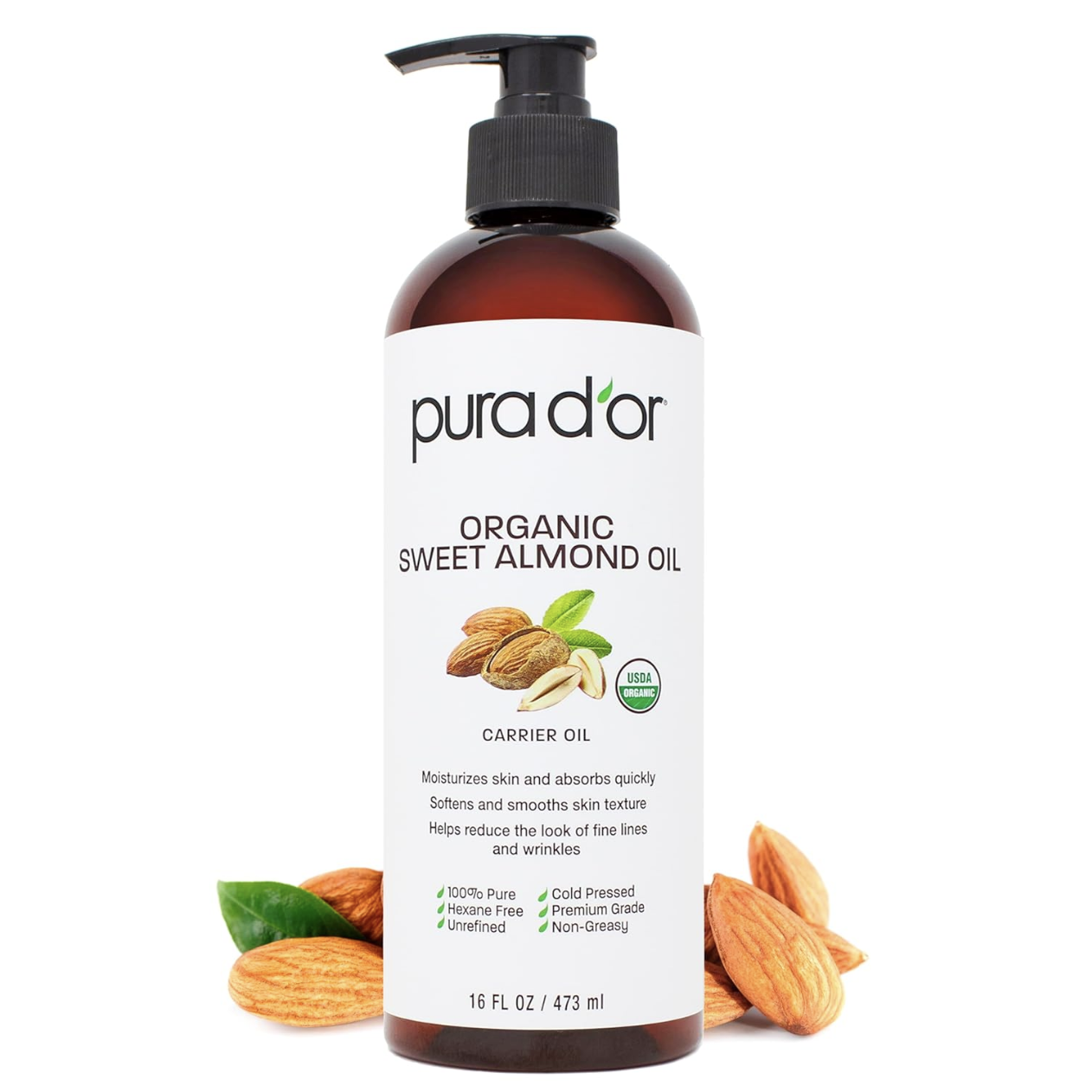
Let's start with pure sweet almond oil. You can snag this one on Amazon. It's premium-grade, unrefined, cold-pressed, and USDA-certified organic.
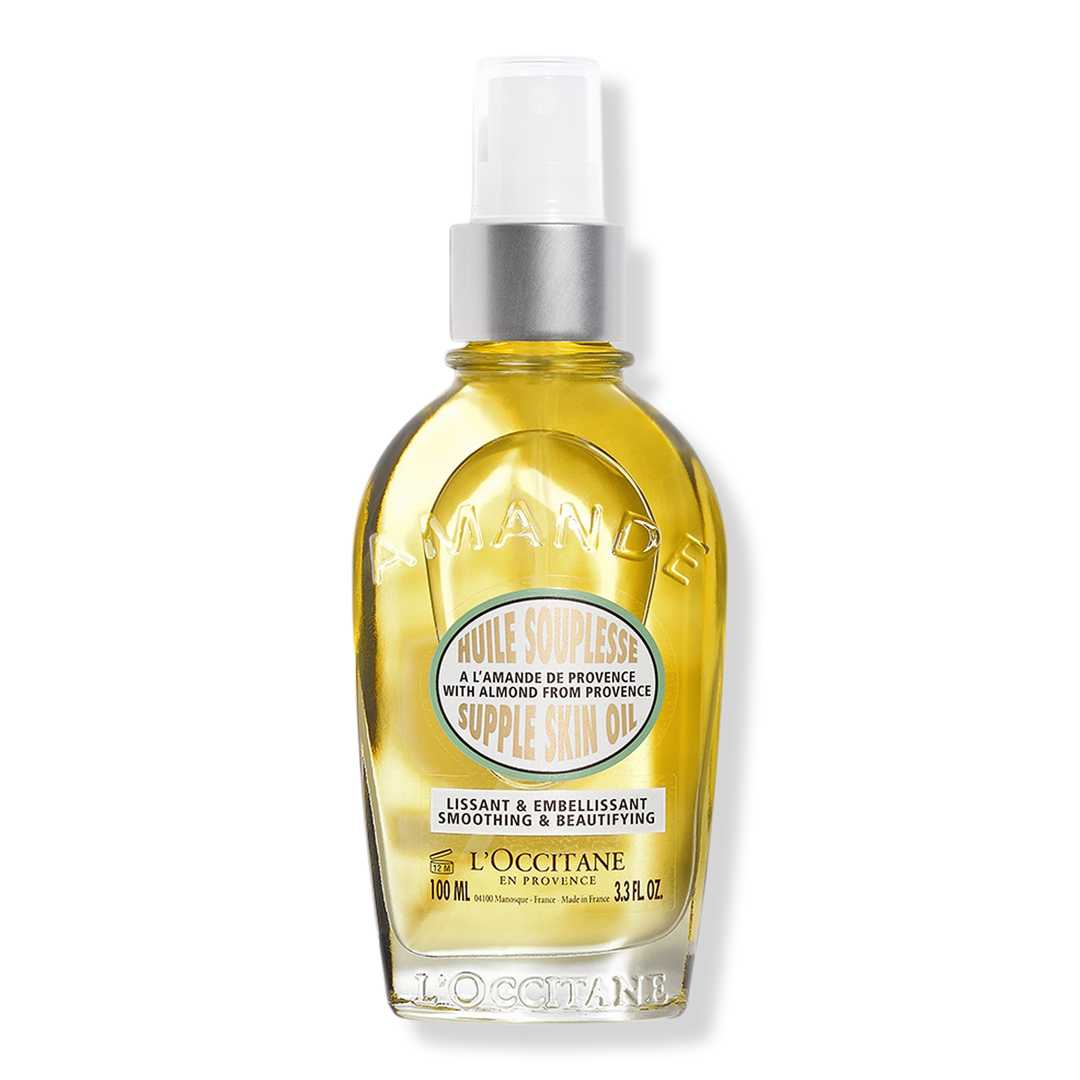
"Rich in fatty acids, this almond oil nourishes skin to soften it and protect it from dehydration. It can also be used to treat stretch marks," Camp says.
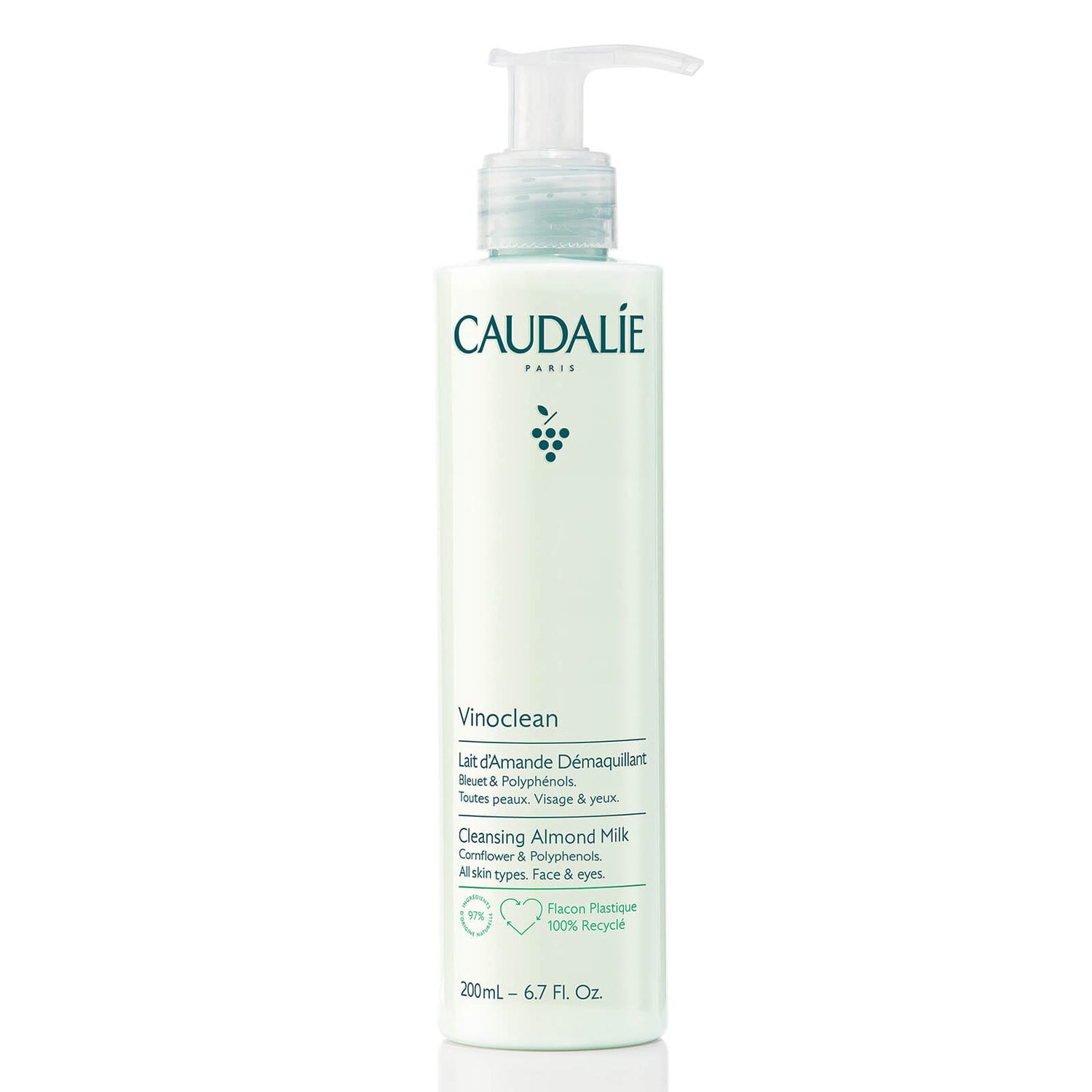
"Part of a line of eco-responsible, vegan, and natural formula products, this cleanser uses sweet almond oil, soothing cornflower water and antioxidant polyphenols to protect skin from drying," Camp says.
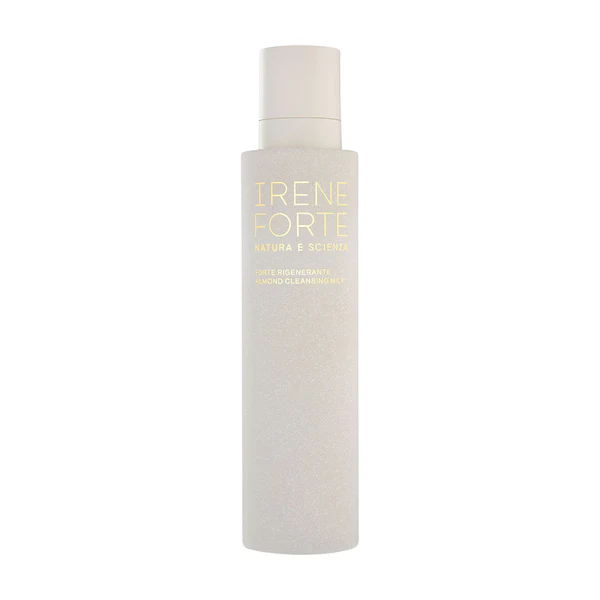
This cleansing milk is so gentle and soothing on stressed skin. It uses sweet almond oil along with aloe and vitamin E to cleanse, nourish, and soften the skin.
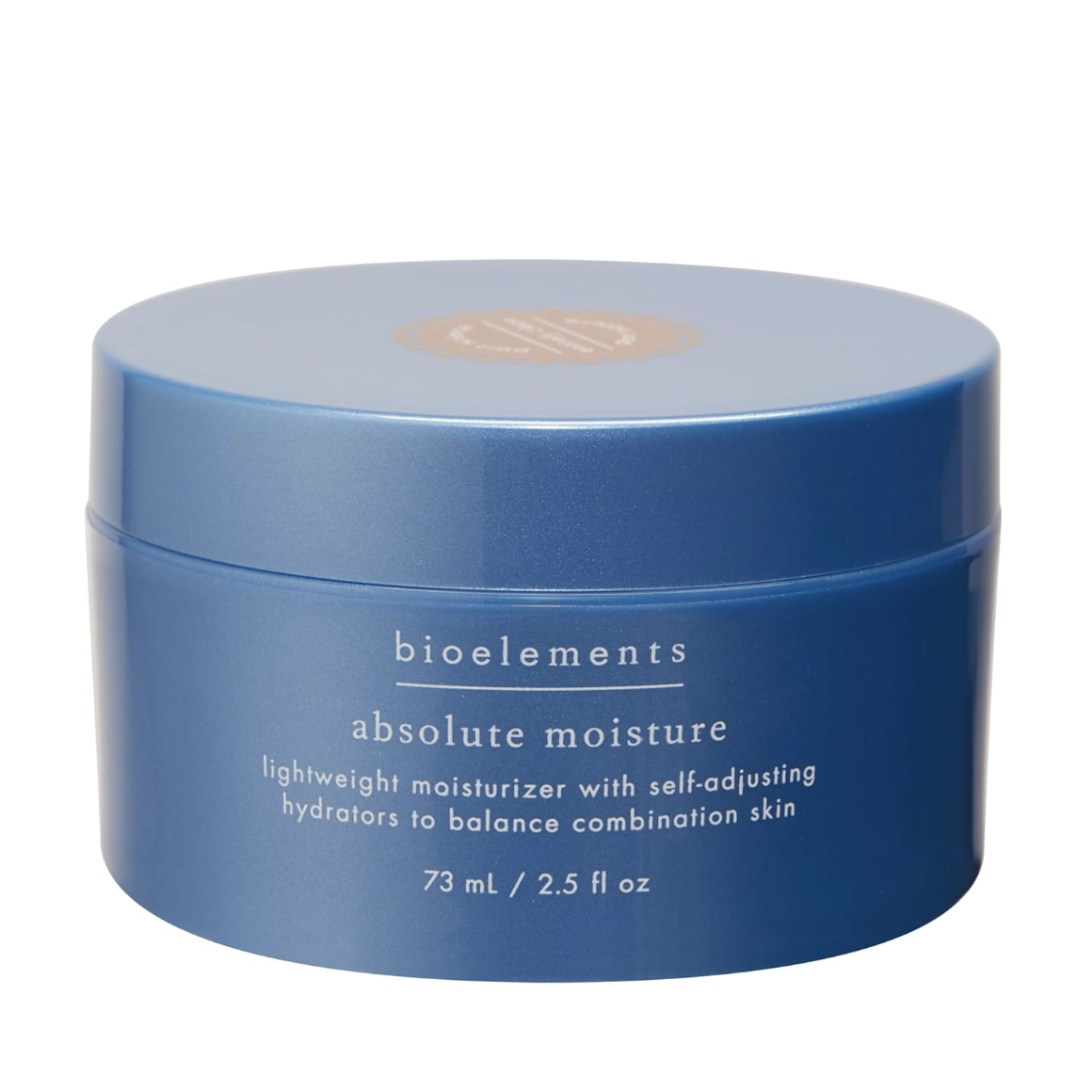
King recommends this moisturizer because it's lightweight and absorbs quickly, making it a good option for combination skin. "Sodium hyaluronate hydrates the skin while triglycerides, sweet almond oil, jojoba oil, and avocado oil support the skin barrier."
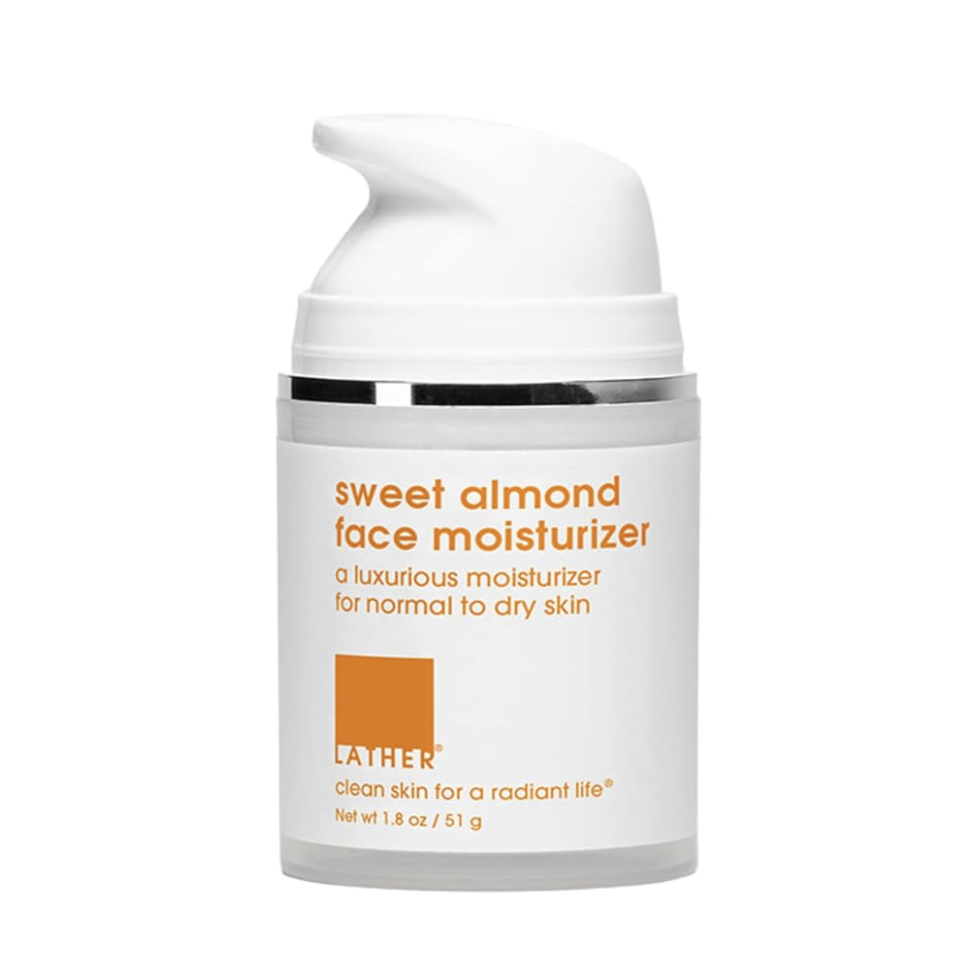
This moisturizer contains sweet almond oil, as well as macadamia nut and avocado oil to hydrate and support the skin barrier. It's fragrance-free and dye-free, making it suitable for sensitive skin.
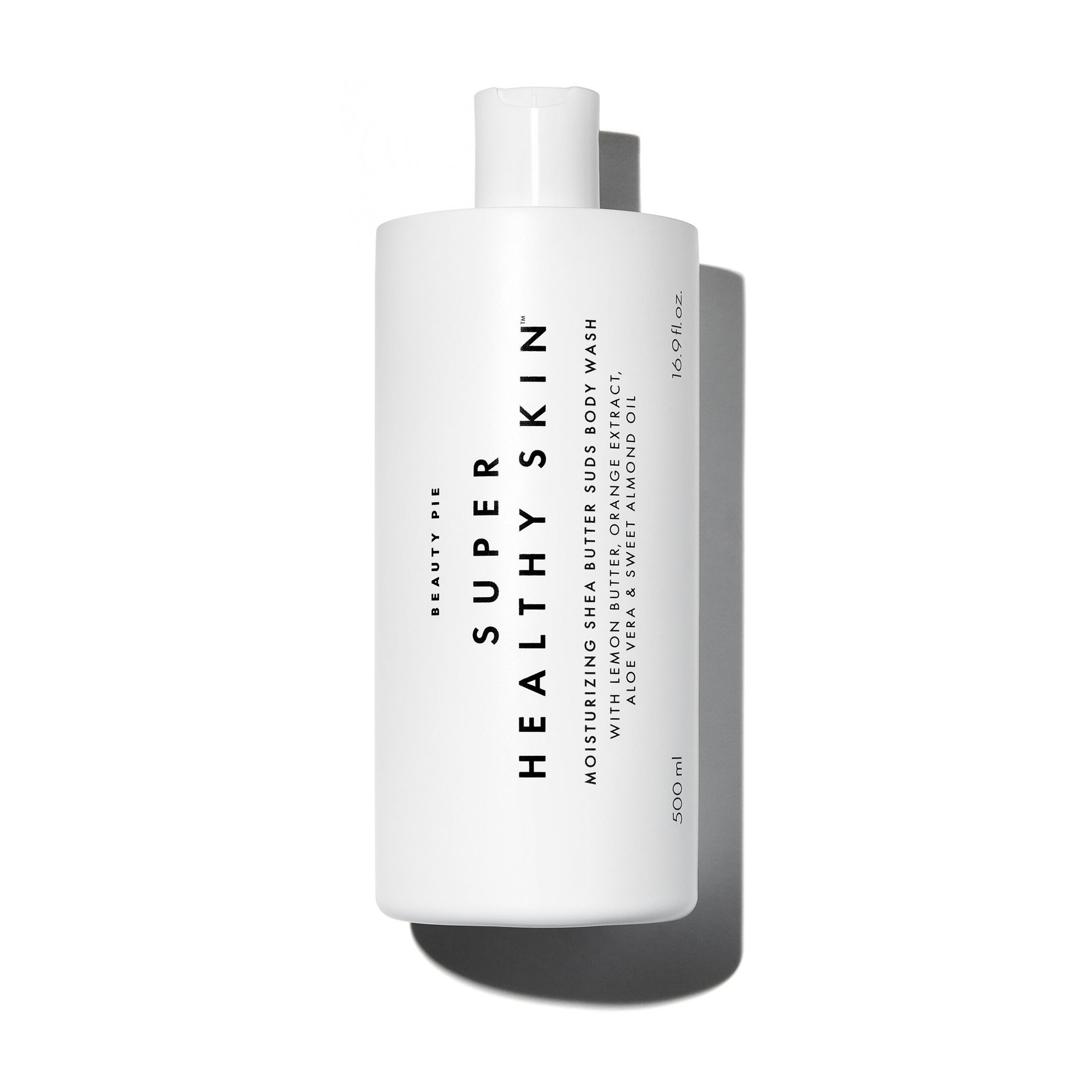
King recommends this Beauty Pie body lotion, which contains sweet almond oil. "The creamy and moisturizing formulation has humectant, emollient, and occlusive properties with ingredients like glycerin, sweet almond oil, coconut oil, and shea butter," King says. "It also has soothing, anti-inflammatory properties from ingredients like aloe vera—no sulfates or other harsh detergents."
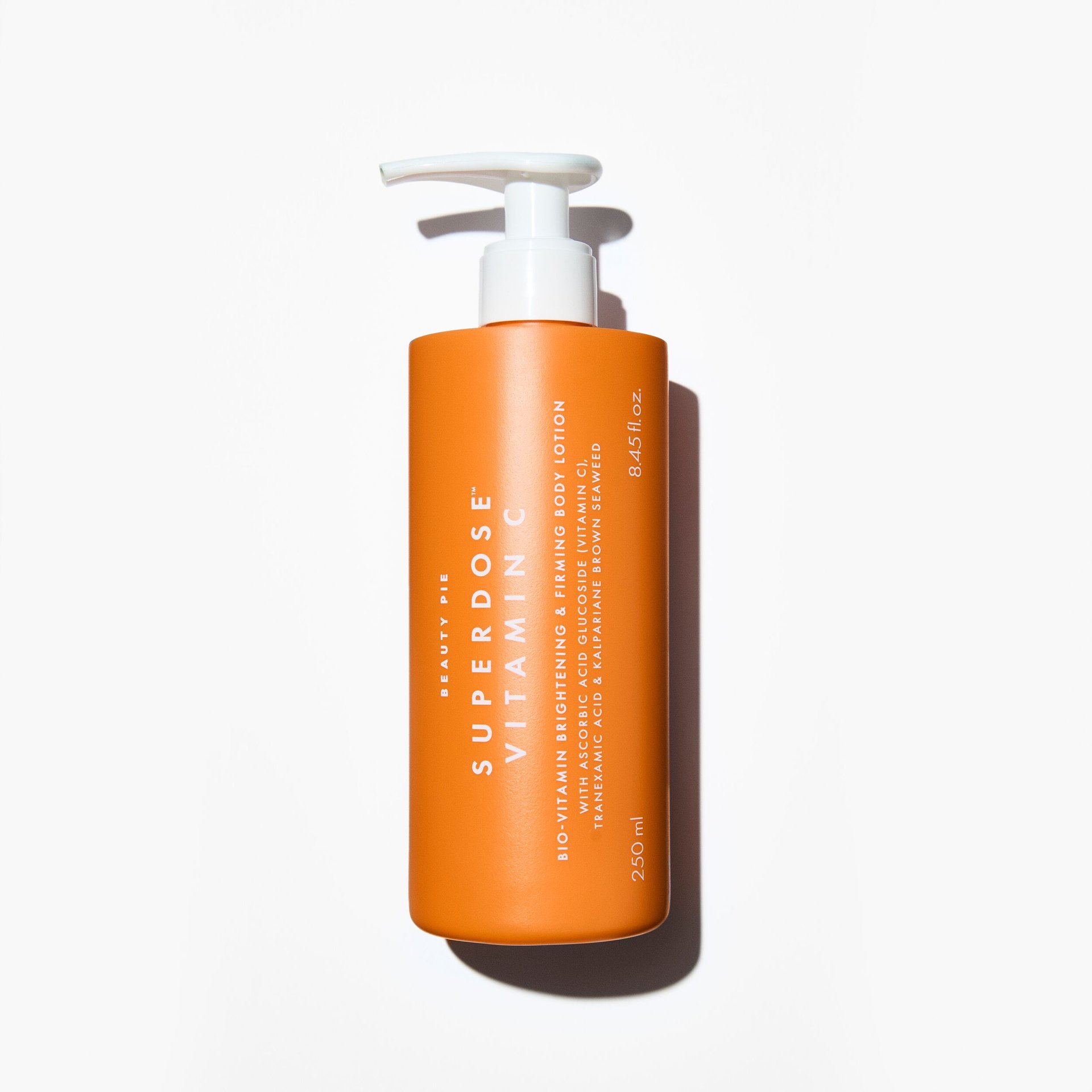
King recommends another Beauty Pie skincare product. This time, it's a vitamin C–spiked body lotion. "With a combination of humectants like sodium hyaluronate and glycerin; emollients like triglycerides, sweet almond oil, argan oil, and sunflower seed oil; and occlusives like dimethicone, this body lotion checks all of the boxes to be an excellent moisturizer because it hydrates, supports the skin barrier, and locks in moisture," King says. "Plus it has added brightening benefits from a stable form of vitamin C and tranexamic acid, and firming benefits from brown algae extract. Cica offers soothing and anti-inflammatory properties."
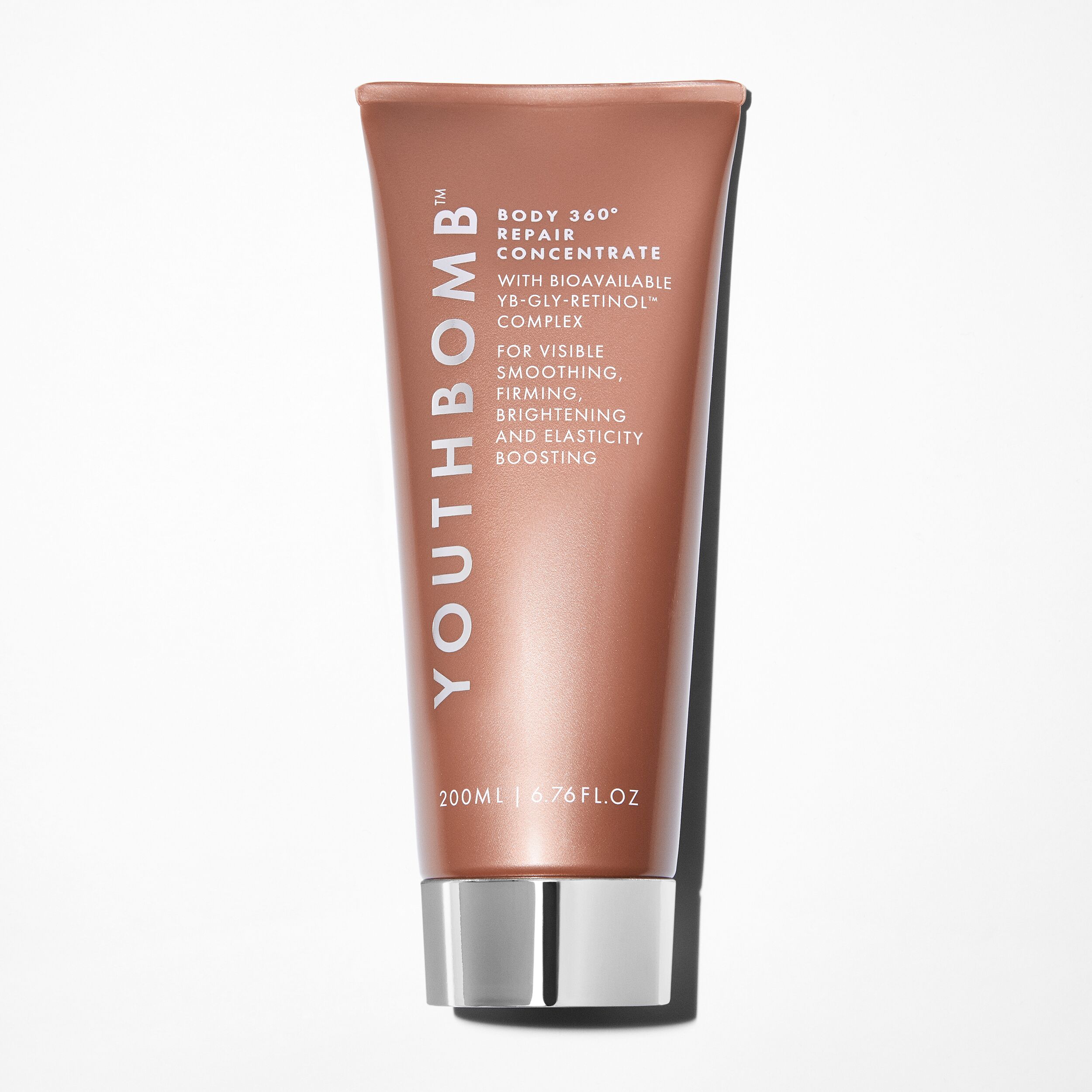
The third and final Beauty Pie product that King recommends is this anti-aging body product. It contains 2% granactive retinoid, "which is a bioavailable and less irritating retinoid," as well as 5% niacinamide, "which helps to improve tone and texture and helps to combat potential irritation from the retinoid." There's also glycolic acid for exfoliating and anti-aging properties, as well as a base that contains "humectants like glycerin and polyglutamic acid to hydrate the skin, emollients like triglycerides, sweet almond oil and meadowfoam seed oil to support the skin barrier, and shea butter and coconut oil to help lock in moisture."
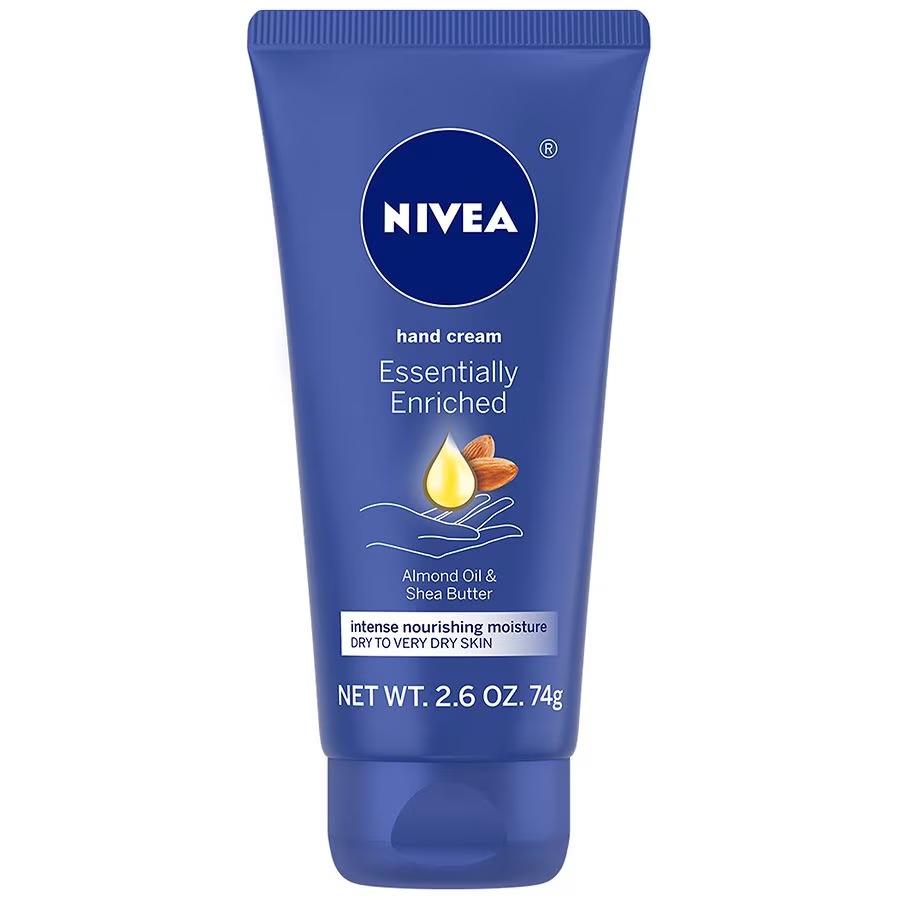
Almond oil and shea butter are the main ingredients in this moisturizing hand cream.

Kaitlyn McLintock is a Beauty Editor at Who What Wear. She has 10 years of experience in the editorial industry, having previously written for other industry-leading publications, like Byrdie, InStyle, The Zoe Report, Bustle, and others. She covers all things beauty and wellness-related, but she has a special passion for creating skincare content (whether that's writing about an innovative in-office treatment, researching the benefits of a certain ingredient, or testing the latest and greatest at-home skin device). Having lived in Los Angeles, California, and Austin, Texas, she has since relocated back to her home state, Michigan. When she's not writing, researching, or testing beauty products, she's working through an ever-growing book collection or swimming in the Great Lakes.
-
 My Sister and I Have Opposite Skin Types, But These Products *Magically* Work for Both of Us
My Sister and I Have Opposite Skin Types, But These Products *Magically* Work for Both of UsThese are our "unicorn" products.
By Kaitlyn McLintock
-
 Hailey Bieber Says She "Couldn't Live Without" This $12 French Pharmacy Cream
Hailey Bieber Says She "Couldn't Live Without" This $12 French Pharmacy CreamThat's it—I'm buying three.
By Kaitlyn McLintock
-
 I Polled Our Editor Slack Channel—10 French Beauty Products We’d Buy From Ulta’s Spring Sale
I Polled Our Editor Slack Channel—10 French Beauty Products We’d Buy From Ulta’s Spring SaleBy Alyssa Brascia
-
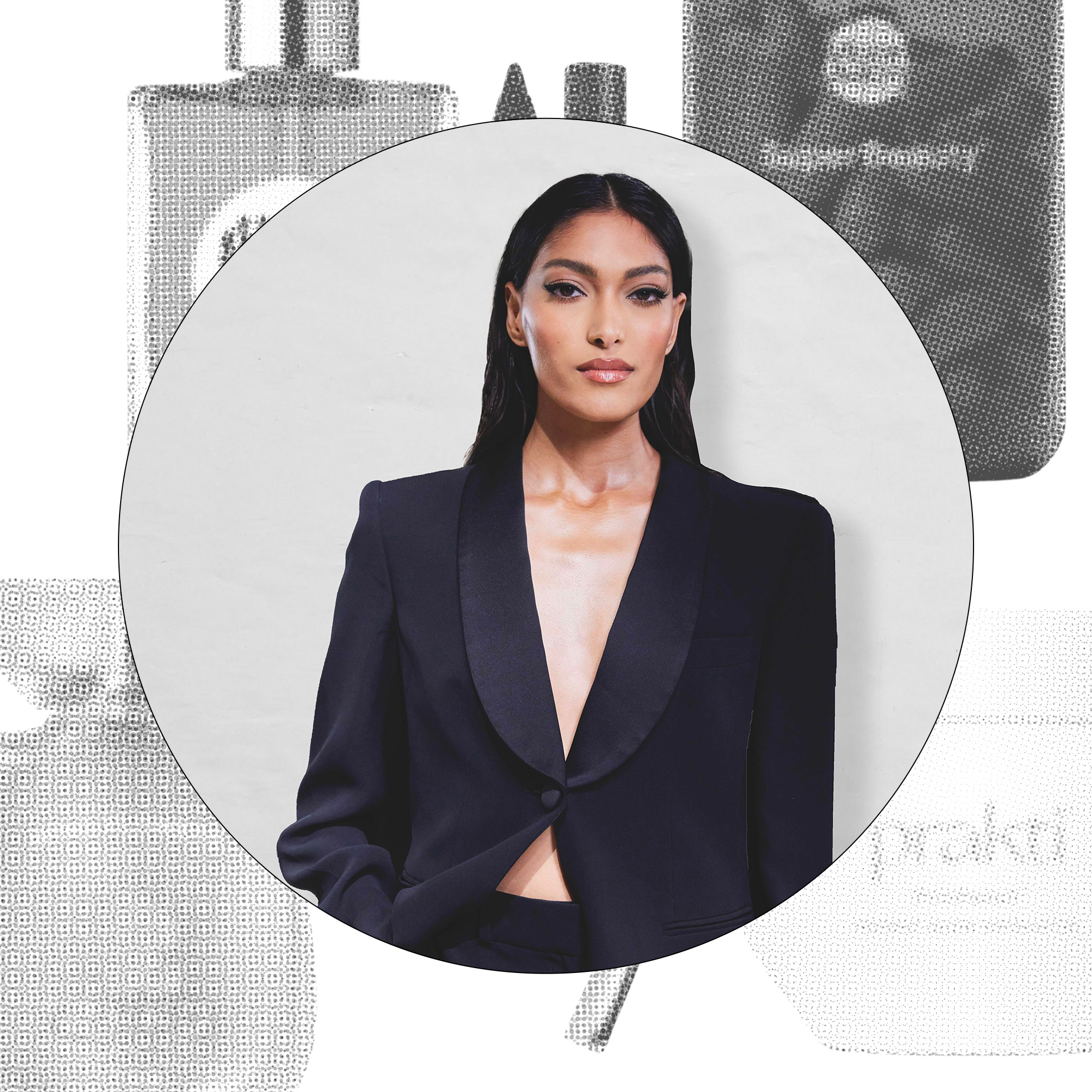 Model Pritika Swarup Has an Angel's Complexion, so I Asked for All Her Skin and Makeup Secrets
Model Pritika Swarup Has an Angel's Complexion, so I Asked for All Her Skin and Makeup SecretsHer must-haves for "runway-level radiance."
By Jamie Schneider
-
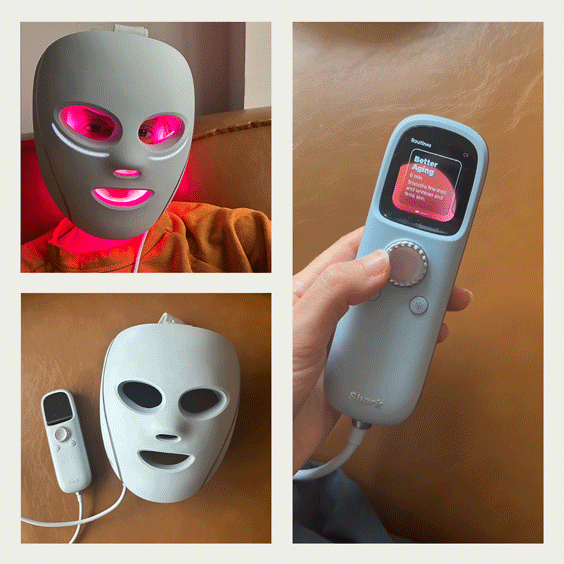 I've Tested $2850 Worth of LED Masks—Shark's New Model Is the One I'm Recommending to Friends
I've Tested $2850 Worth of LED Masks—Shark's New Model Is the One I'm Recommending to FriendsMy full review after wearing it for 67 days.
By Jamie Schneider
-
 5 Underrated Pillars of Youthful and Glowing Skin, According to Zendaya's Facialist
5 Underrated Pillars of Youthful and Glowing Skin, According to Zendaya's FacialistI'm taking so many notes.
By Shawna Hudson
-
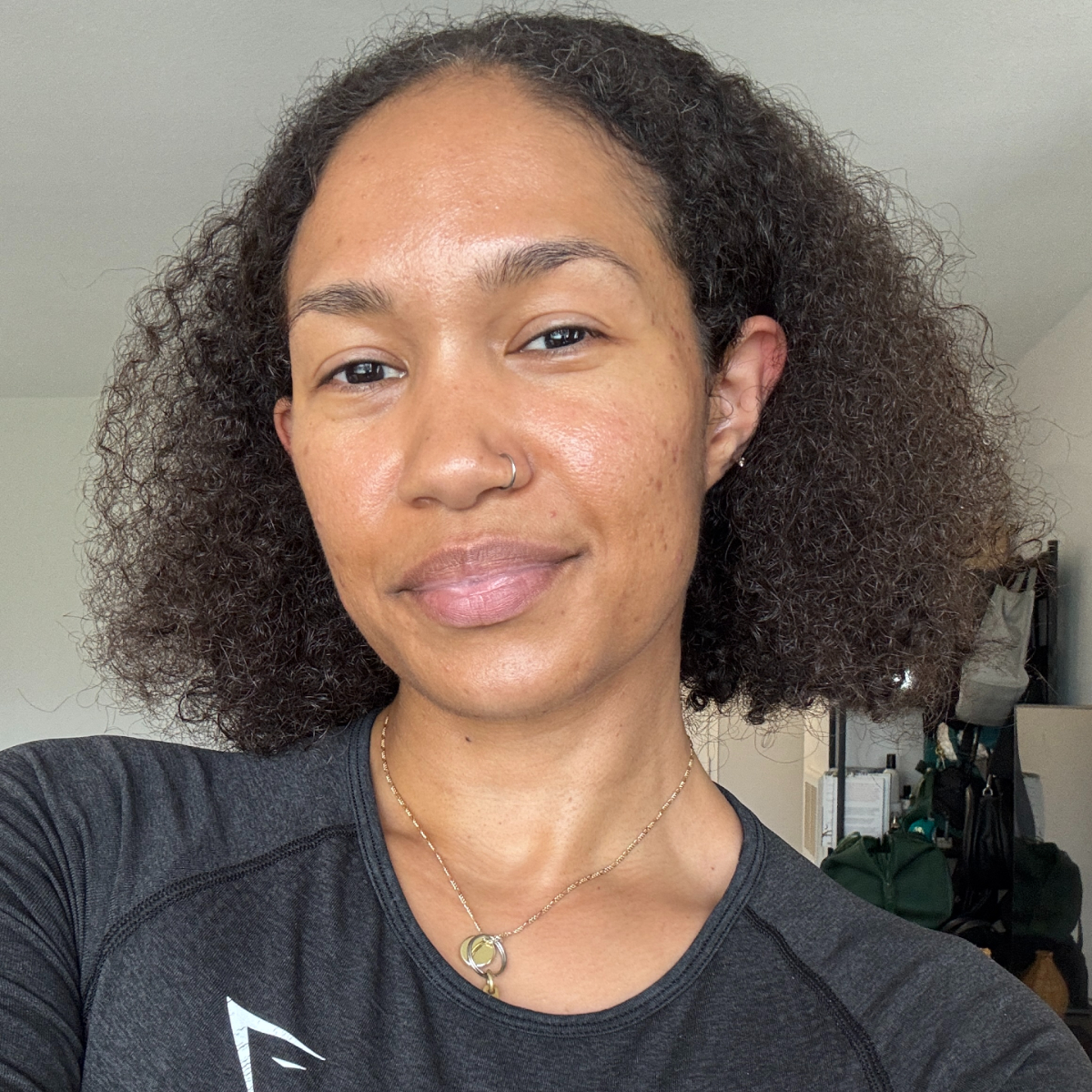 Aestheticians on Instagram Can't Stop Raving About This Acne-Clearing Serum, so I Tried It
Aestheticians on Instagram Can't Stop Raving About This Acne-Clearing Serum, so I Tried ItIt's perfect for sensitive skin.
By Shawna Hudson
-
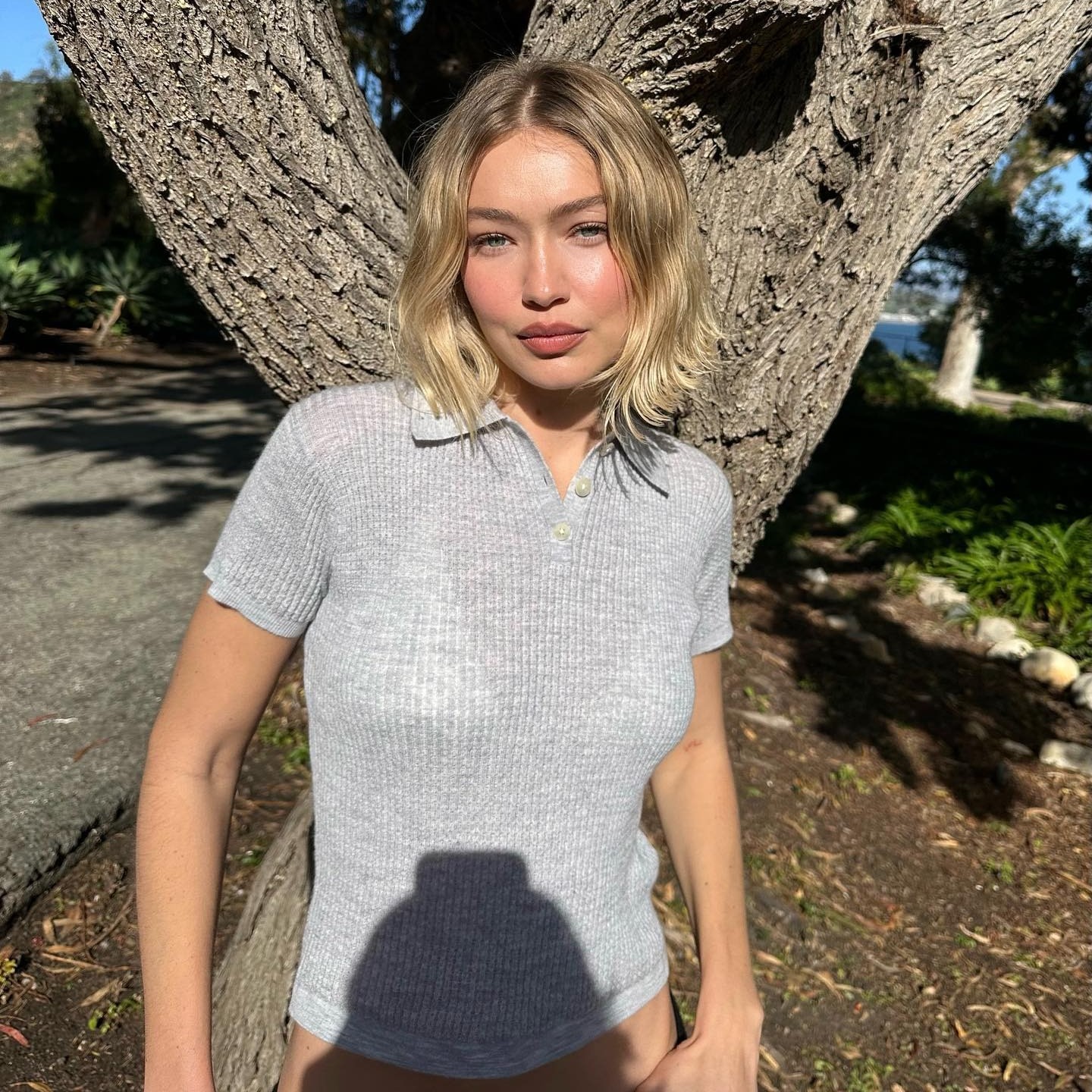 I Want to Glow Like Gigi Hadid This Summer—Here's Patrick Ta's Product Prescription
I Want to Glow Like Gigi Hadid This Summer—Here's Patrick Ta's Product PrescriptionI trust him.
By Jamie Schneider
